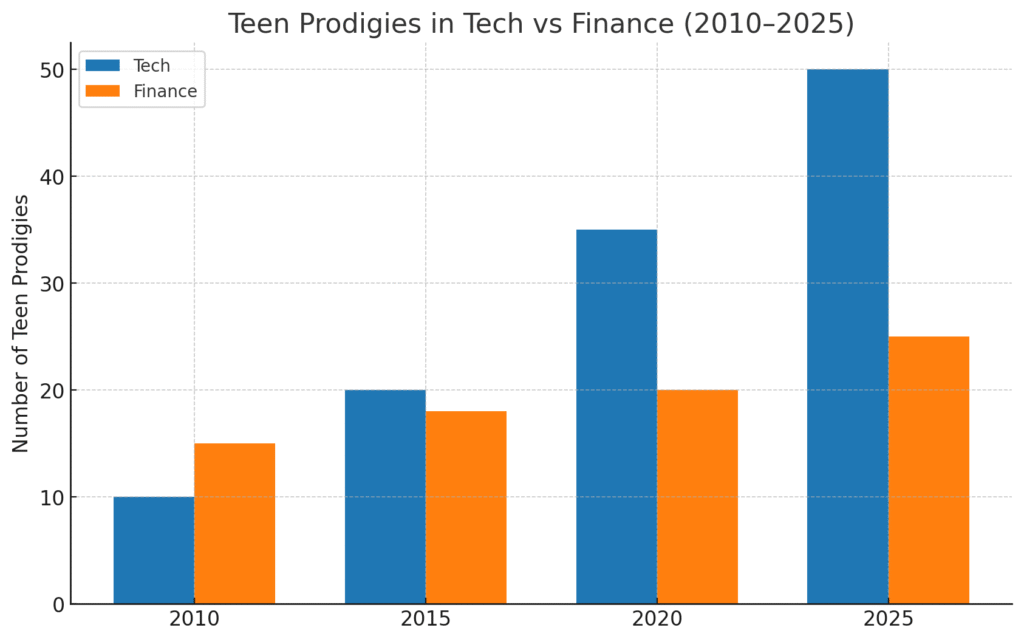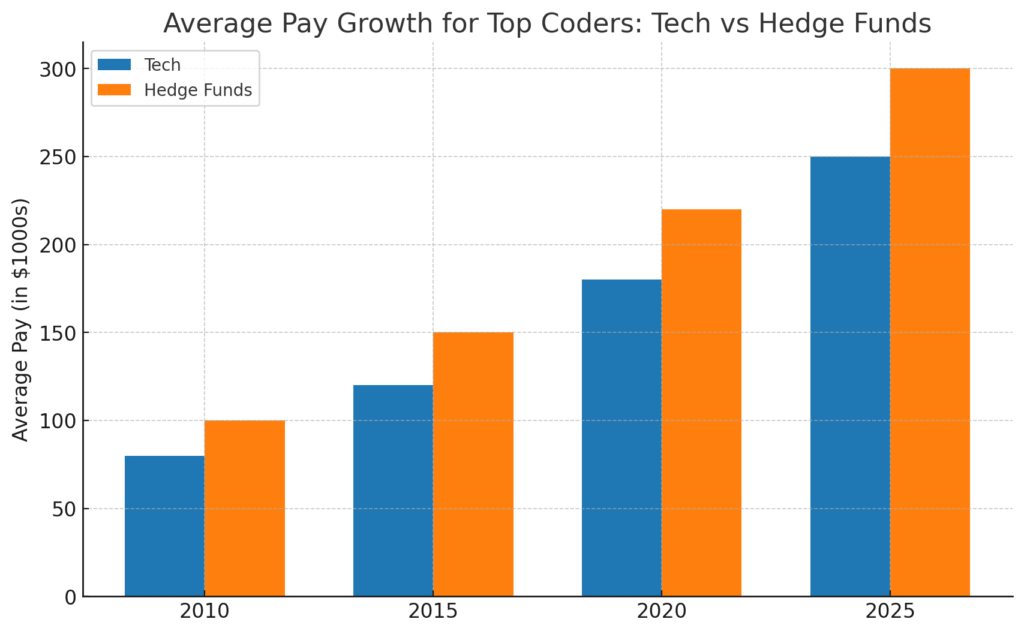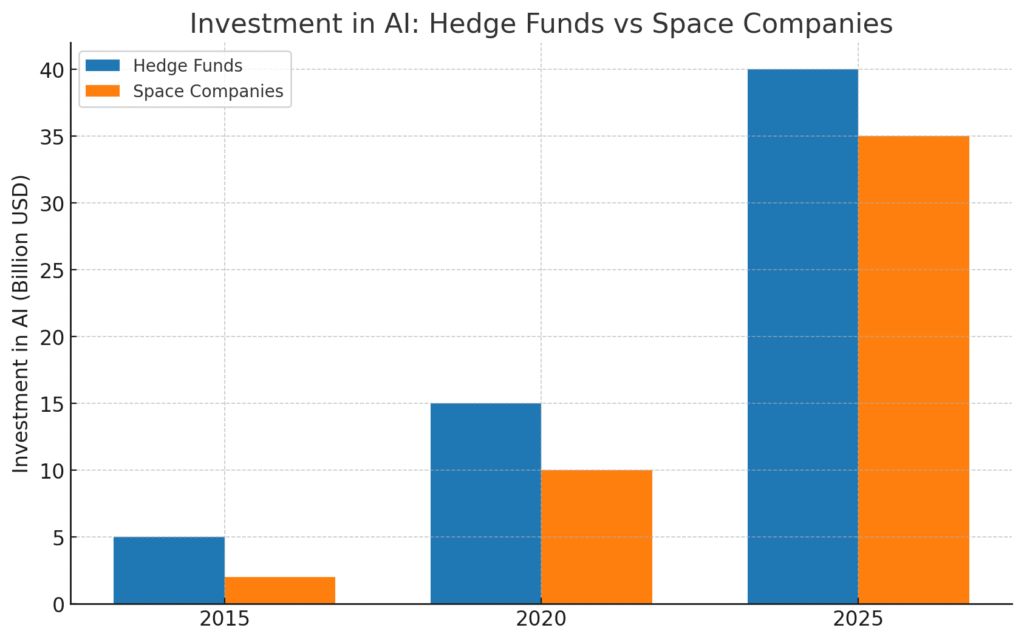
A young genius leaves Elon Musk’s SpaceX to join Citadel’s trading empire led by Ken Griffin. What drove this bold move and what does it mean for the future of tech and finance
The Unexpected Exit from SpaceX
The news shocked Silicon Valley when a teenage prodigy decided to leave SpaceX after earning recognition for solving problems far beyond his age. This decision
came at a time when many believed he would shape the future of rockets and deep-space programs. SpaceX gave him access to the most advanced labs in the world yet he chose a different direction. This story raises questions about what young minds value more today spacex
also read SpaceX Falcon 9 to Launch X-37B Military Spaceplane from Kennedy Space Center
. It is no longer only about space exploration but also about financial innovation and personal growth. His exit proves that the brightest talent is not tied to one field forever. A teenager who could have shaped Mars missions is now betting on algorithms data and financial markets.

Why Finance Instead of Rockets
The prodigy’s move into Ken Griffin’s empire reflects a growing trend where the smartest coders and thinkers are drawn toward finance instead of traditional tech. The reason is simple speed and reward. Space projects can take decades while financial markets move in seconds.
For a teenager who thrives on fast learning and instant results trading offered a stronger appeal than waiting years for rockets to be tested. Griffin’s world gave him not just money but also immediate challenges where he could prove his skills daily. This choice is less about abandoning
spacex and more about testing himself in another high pressure arena. His journey shows how the lines between technology and finance are blurring in ways that could reshape both industries.

How Ken Griffin Attracted the Prodigy
Ken Griffin is known for building one of the most powerful financial empires through Citadel. His strategy to attract young talent goes beyond salary. He offers access to data networks supercomputers and real time decision making platforms
that can be more exciting than any rocket launch pad. For a teenager who already conquered space equations the thrill of predicting markets with algorithms was too strong to resist. This reflects how finance is no longer just about numbers but about deep tech
artificial intelligence and coding. Griffin’s empire became a magnet for those who want to challenge their brain every second and push limits where mistakes cost billions but victories create history.
What This Means for the Future of Talent
The bigger question is not about one prodigy but about where the next generation of innovators will go. If more teenagers prefer trading firms over rocket companies then the balance of innovation could tilt toward finance. However this does not mean spacex
dreams will die. It means future Mars missions may be designed by those who once worked in hedge funds before returning to aerospace with new skills and perspectives. Talent flows like energy moving between industries. This story is a reminder that young
geniuses no longer belong to one path they create their own journey. Space may lose one star but finance just gained one and both worlds will feel the impact for years.
How Ken Griffin Attracted the Prodigy
Ken Griffin is known for building one of the most powerful financial empires through Citadel. His strategy to attract young talent goes beyond salary
. He offers access to data networks supercomputers and real time decision making platforms that can be more exciting than any rocket launch pad. For a teenager who already conquered space equations the thrill of predicting markets with algorithms was too strong to
resist. This reflects how finance is no longer just about numbers but about deep tech artificial intelligence and coding. Griffin’s empire became a magnet for those who want to challenge their brain every second and push limits where mistakes cost billions but victories create history.

